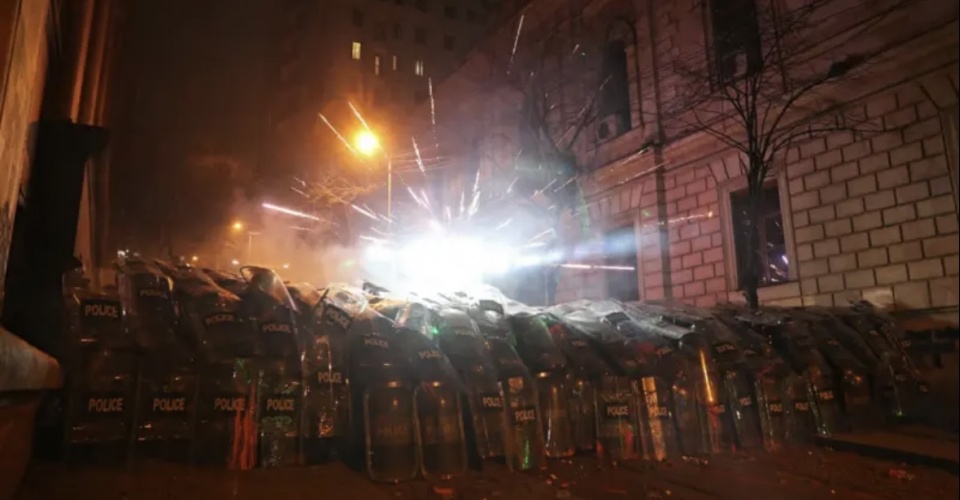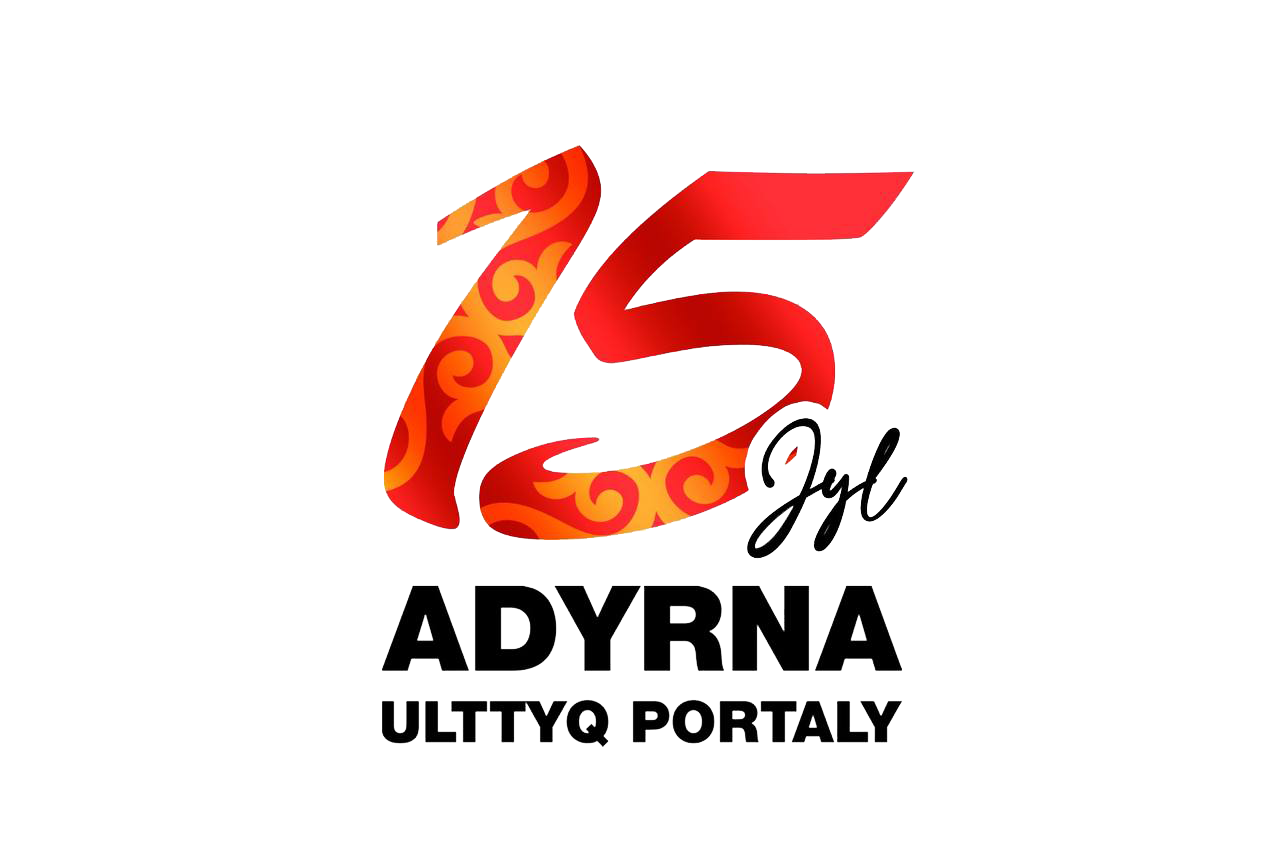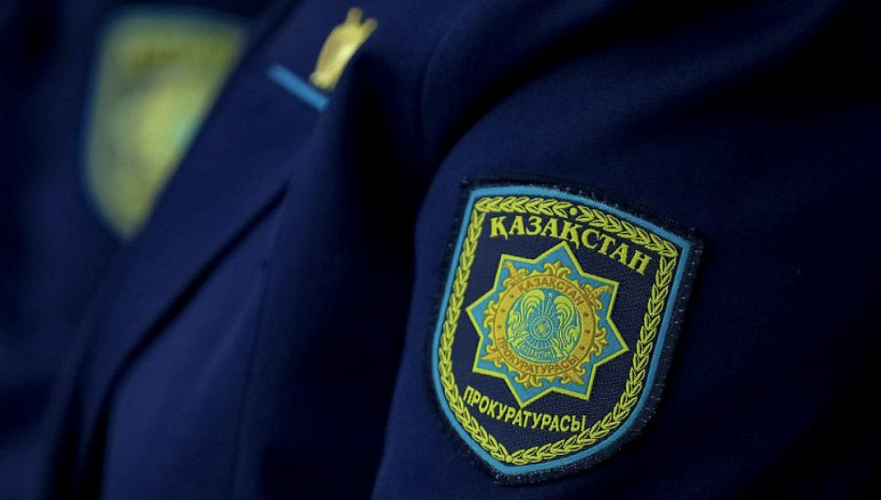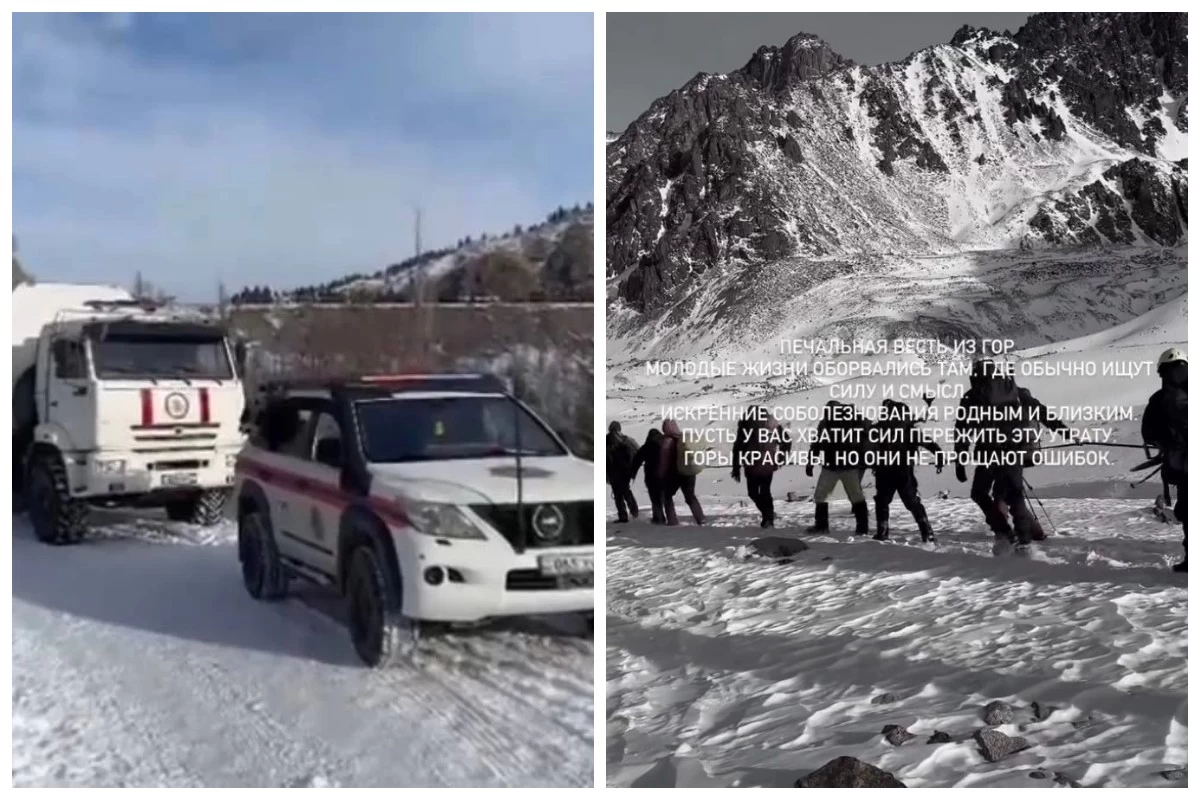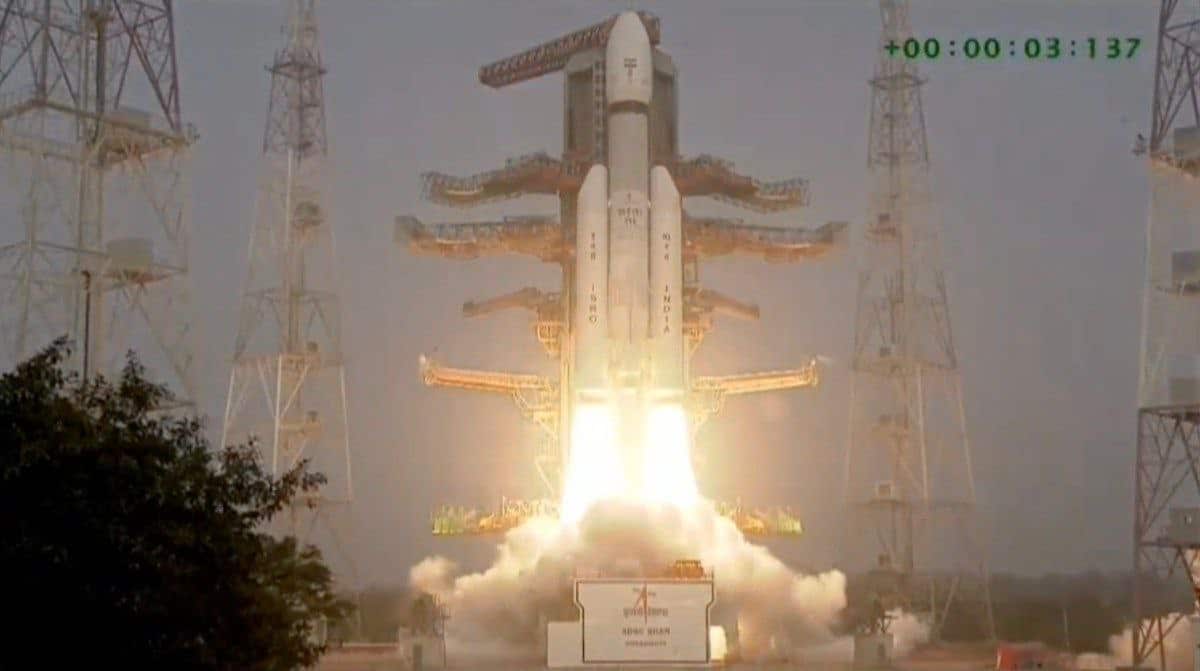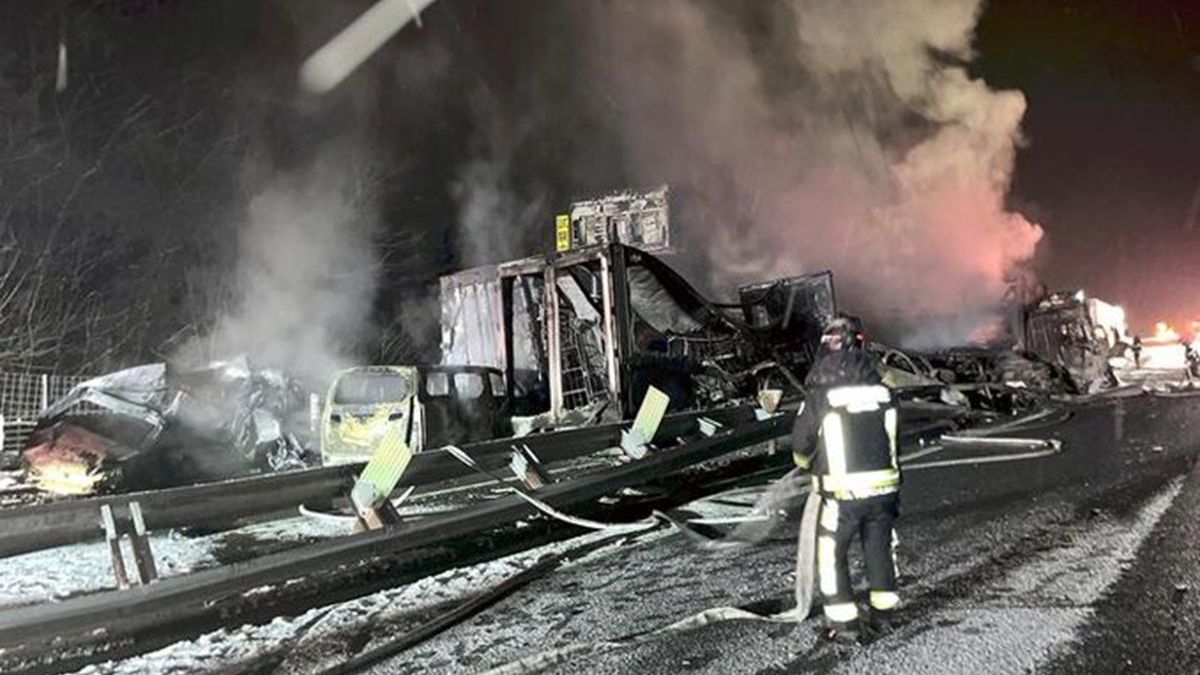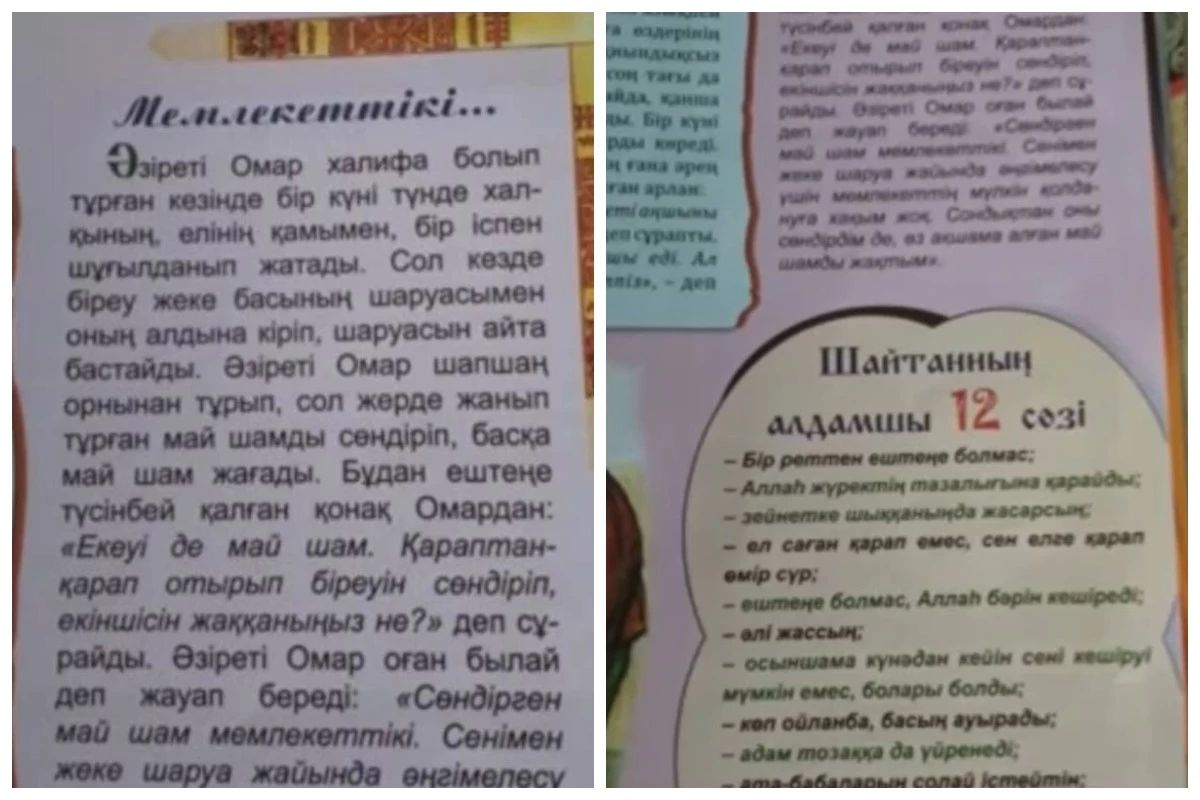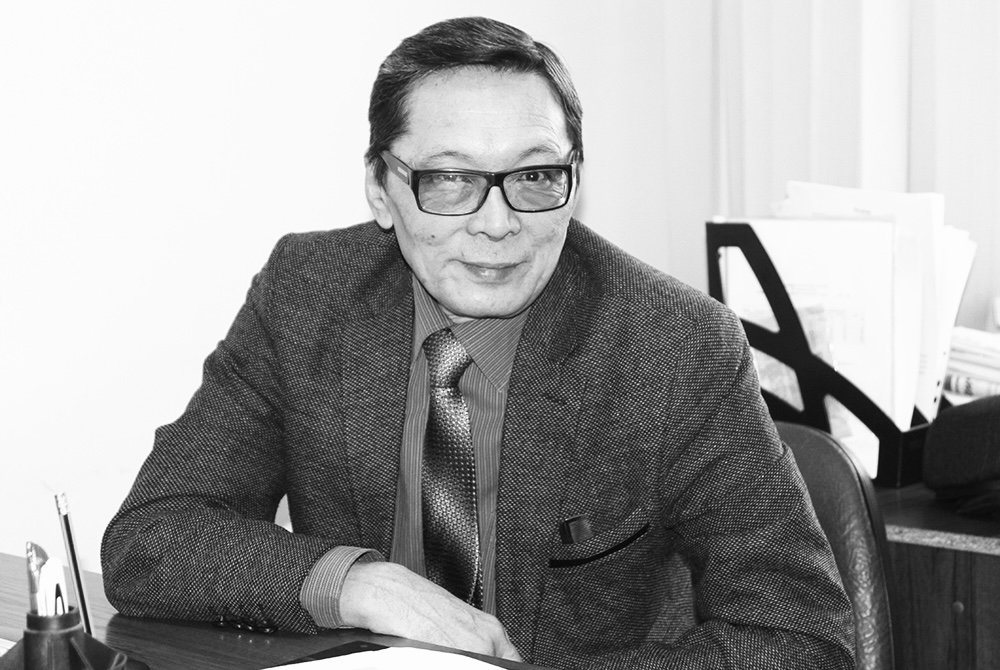Protests supporting Georgia’s integration into the European Union continued for the fifth consecutive day on December 2, with demonstrators opposing the government’s decision to abandon its pro-European course. This was reported by the online publication Caucasian Knot and several Telegram channels, as cited by Adyrna.
Police used tear gas, water cannons, and smoke grenades against the gathered protesters. According to Sovanews, protests are not only taking place in Tbilisi but also in Batumi, Kobuleti, Ozurgeti, and other cities across Georgia. DW reported that tens of thousands of people have taken to the streets in Tbilisi and other major cities.
In Tbilisi, demonstrators gathered in front of the parliament building, using pyrotechnics and setting up barricades on Rustaveli Avenue. According to Echo of the Caucasus, protesters struck the iron barriers surrounding the parliament, prompting the use of water cannons.
“The protesters on Rustaveli Avenue have exceeded the boundaries of peaceful assembly. Therefore, the Ministry of Internal Affairs will use special measures as provided by law to clear the area around the parliament building,” stated the Georgian Interior Ministry on December 2.
In the previous days, the ministry reported detaining 224 people over four days of protests in Tbilisi.
On December 2, Georgian Prime Minister Irakli Kobakhidze stated at a press conference that the country’s European integration efforts “will not be delayed and will continue with full force.” However, he dismissed the possibility of negotiations with opposition representatives, as reported by the BBC.
According to DW, the government is attempting to calm Georgian society with such statements, but the protests’ resolution and outcome remain uncertain.
Meanwhile, Georgian President Salome Zourabichvili made an English-language statement on X (formerly Twitter) late at night, saying:
“The Georgian people are rising against a pro-Russian puppet regime. From the capital to the smallest towns — this is an unprecedented movement in our history. The message is clear: give me back my voice! Give me back my European future!”
The protests began on the evening of November 28, after Prime Minister Irakli Kobakhidze announced that the country would halt negotiations with the European Union until 2028. On the first day, police tried to disperse protesters using water cannons and tear gas. In response, demonstrators built barricades and launched fireworks at the parliament building.
President Zourabichvili joined the protests on the first day and later declared that she would not step down as head of state until new parliamentary elections are held. She called the current parliament “illegitimate.” Meanwhile, Kobakhidze blamed European politicians and the opposition for inciting violence in the protests.
باسقا ماتەريالدار
Adyrna.kz ۇلتتىق پورتالىنىڭ ماڭىزدى اقپاراتتارىنا جازىلۋ
سوڭعى جاڭالىقتار تۋرالى حاباردار بولىڭىز



